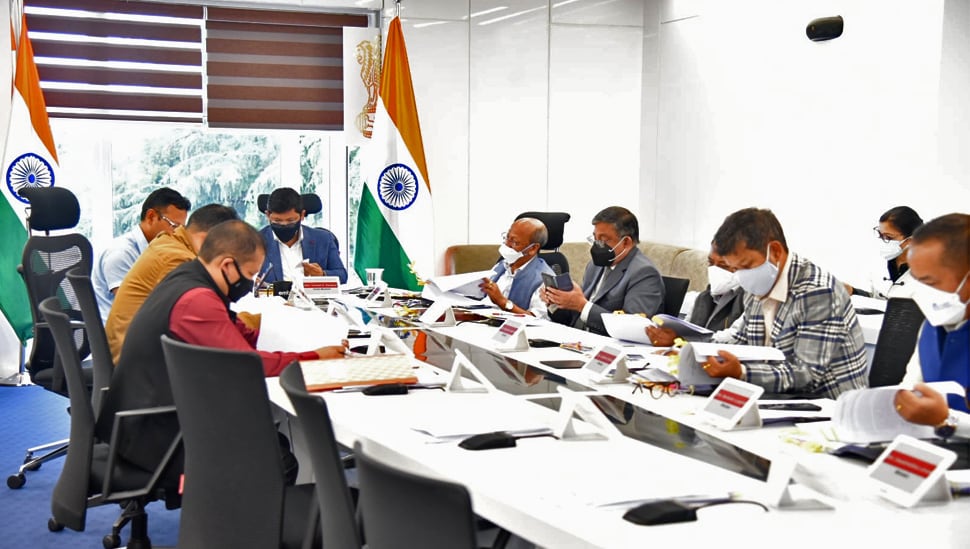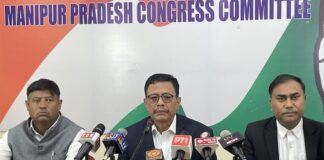Shillong: The Meghalaya Cabinet on Monday approved the State Public Private Partnership Policy to promote growth by attracting investments while safeguarding and promoting the interests of the communities.
Chief Minister Conrad K Sangma, who holds the finance portfolio, said, “One unique policy aspect of the Meghalaya State PPP is the Community Infra Projects (CPPP) where the community shall be actively involved and contribute through the entire process. The community will not only provide the land but their consent would also be taken at critical junctures. At the end of the project cycle, the assets along with the land would be passed back to the community”.
“The State has a severe deficit of infrastructure, be it roads, telecom or power. The road density is only 47.8 Km per 100 square km which is way lower than the national average of 180. The per capita annual consumption of electricity in the State, at 880 kWh, is also much below the national average of 1,200 kWh,” Sangma said.
To achieve the vision of being among the top 10 Indian states within the next 10 years, the Chief Minister said it would be required to not just deficit these gaps, but surpass the national average on many counts.
“All these would require massive investments, estimated at about Rs. 25,000 crore over the next 10 years. The Government with an annual budget size of approximately Rs 17,000 crore (of which the development budget is only about Rs 3,000 crore) does not have the quantum of resources to undertake all these activities,” the official note said.
The State Public-Private Partnership Policy would help leverage investments along with sector-specific expertise from the private sector, it added.
“In any PPP project, the State Government will be involved throughout the project’s lifecycle but as a facilitator and enabler, while the private sector will assume the role of financier, builder and operator of the service,” Sangma said.
An Empowered Group of Ministers (EGM), headed by the Chief Minister will be set up to approve projects greater than Rs 50 crore and an Empowered Committee on Infrastructure (ECI), headed by
the Chief Secretary, will be set up to approve projects up to Rs. 50 crore.
Meghalaya Public-Private Partnership Policy approved
The State has a severe deficit of infrastructure, be it roads, telecom or power. The road density is only 47.8 Km per 100 square km which is way lower than the national average of 180. The per capita annual consumption of electricity in the State, at 880 kWh, is also much below the national average of 1,200 kWh

Must Read
- Advertisement -
- Advertisement -
More Articles Like This
- Advertisement -

